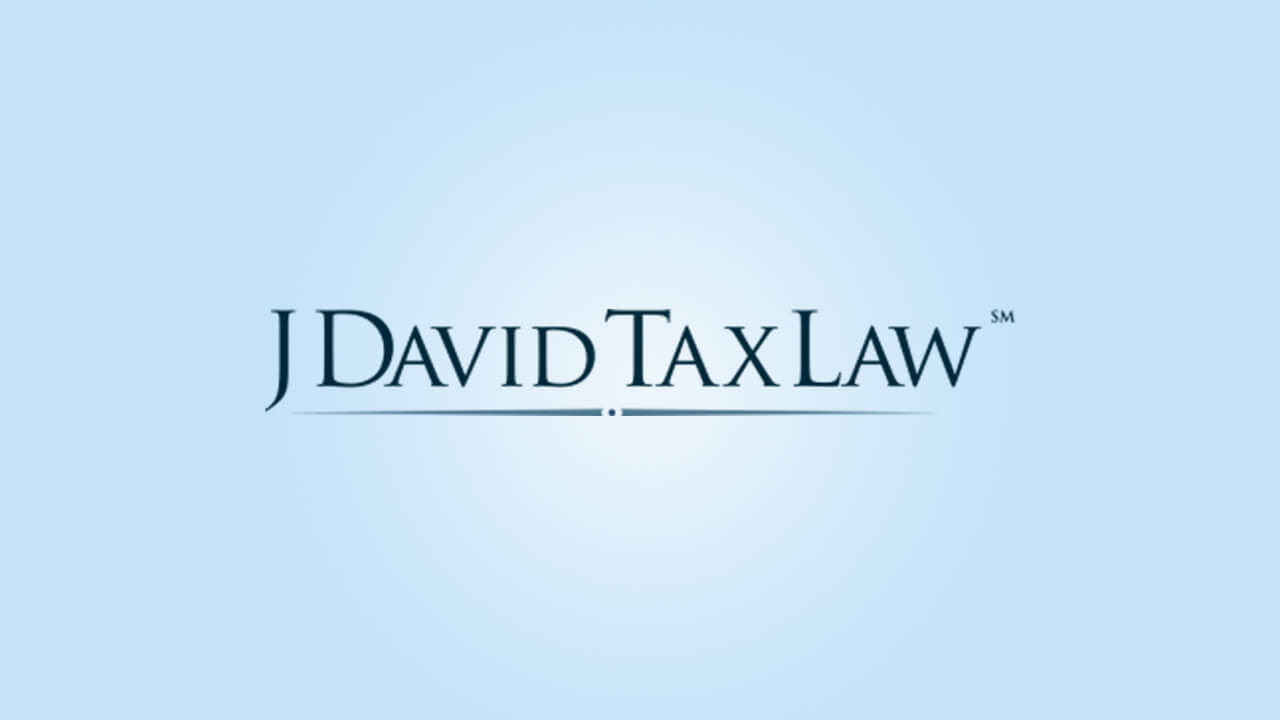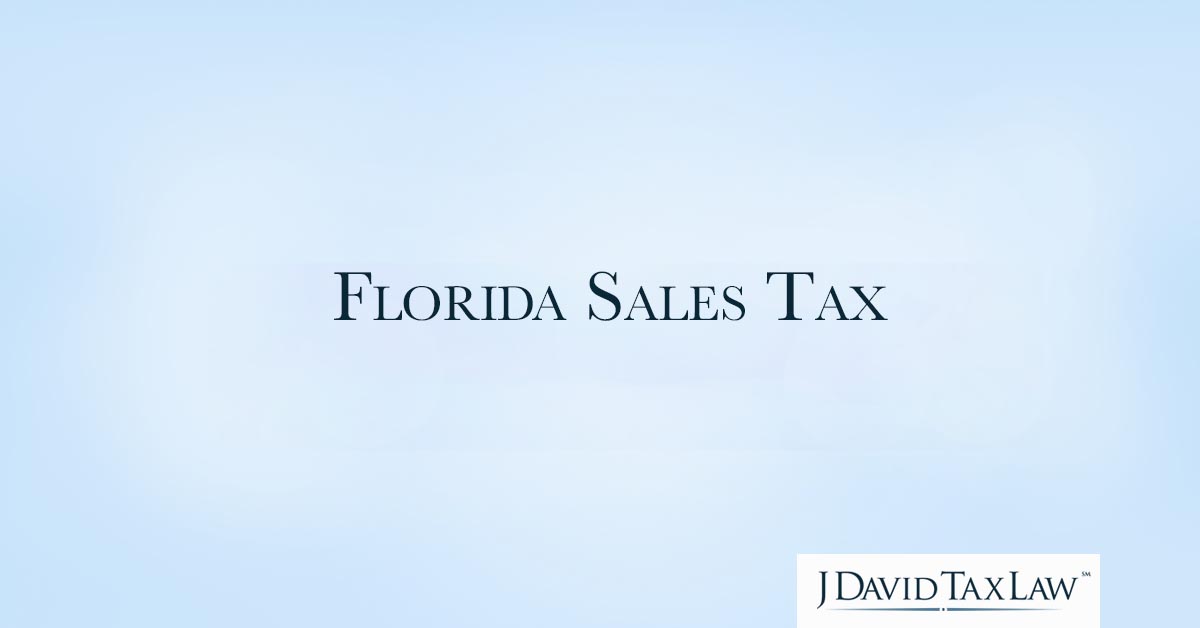Coronavirus Jacksonville Business Help Center

Coronavirus Jacksonville Business Help Center
When Congress cleared the multi-trillion-dollar economic stimulus package on March 27th, it allowed for struggling Jacksonville businesses to defer a portion of their payroll tax payments owed to the IRS. That doesn’t mean that a business is relieved of the responsibility to pay payroll taxes.
Each workers’ share will still be collected and paid to the IRS.
An Economist with the Tax Foundation, Erica York, said, “Companies would still be withholding from paychecks and remitting that to the IRS as usual, but their half of payroll taxes would be delayed.”
Government programs, like Social Security and Medicare, are funded with the payroll taxes that are withheld from your wages. These taxes are in addition to your state and federal income tax withholdings.
Payroll taxes are essentially split between you and your employer. With every paycheck, your employer withholds 6.2% for social security, up to $137,700 in 2020. These withholdings are combined with a matched amount by your employer and then paid to the IRS resulting in 12.4% of your wages to support Social Security.
In addition to Social Security, Medicare withholdings are 1.45%, if your wages are under $200,000. If your wages are over $200,000, an additional 0.9% will be withheld. Medicare withholdings do not have a cap.
For self-employed workers, you are required to pay the employee and employer share. Generally, you can deduct half of your payments on your tax return.
On a monthly or semi-weekly basis, companies are required to remit payroll taxes to the IRS. This includes the amounts withheld from employee’s payments and the employer matched amounts.
“That means they have to have cash on hand to pay the taxes in a timely way,” York said.
“Offering a deferral on those payments helps ease the liquidity crunch many are facing,” she said. “It’s meant to help bridge the gap in the crisis, so companies have [cash] to meet other obligations right now and pay their share of the taxes later.”
“Qualifying companies will be able delay their share of Social Security payroll taxes to the IRS. They would be delayed until Jan. 1, 2021, with 50% owed by the end of 2021 and the other half due Dec. 31, 2022. Companies’ share of the Medicare payroll tax will still be due as usual,” York said.
Jacksonville businesses that defer their Social Security payroll taxes will have until the end of 2021 to pay the first half of the deferred levies. The remaining tax liability will be due by Dec. 31, 2022.
Many provisions aimed at Jacksonville small businesses are in the bill.
Lawmakers also included a loan program that allows Jacksonville companies to borrow up to $10 million to help with payroll and other expenses. To help incentivize Jacksonville businesses to keep workers, they also included an employee retention credit.
While deferring taxes can offer immediate relief for Jacksonville companies in 2020, if we go into a recession, tax and business experts fear the levies will pile up, straining balance sheets.
“My concern is that we see a lot of businesses that are just three months behind on their payroll tax payments and can’t catch up on payments to the IRS. Nine months will cause a lot of payroll tax to pile up and that could be detrimental to businesses if we go into a recession,” said Jonathan David Sooriash, Esq., Managing Partner at J. David Tax Law.
The decision to defer payment on 6.2% of wages may not sound like much when you first look at it, but over time the amounts add up.
Over the course of the next 7 months, a Jacksonville small business paying $1,000 a week in wages could save $2,418. These savings are intended to allow employers to pay their employees and the people they have on staff.
Medicare is not included in the deferred amounts, so employers will still be required to pay 1.45% of wages to fund Medicare.
Jacksonville small businesses will need help to navigate the options.
“Due to the complexity of the stimulus package, many businesses will need to consult with three different professionals to get the best advice,” said Mr. Sooriash.
“You’ll need a banker to talk about the loans, an employment attorney to talk about paid leave requirements and a tax attorney to talk through the tax aspect and ensure you don’t end up owing more payroll taxes than you can pay,” he said.
To determine whether deferment makes sense will require a degree of soothsaying by Jacksonville small business owners:
Will you have the discipline and capital needed to set aside the money you need for taxes?
If you defer, will you be able to pay the deferred 2020 levies at the same time your 2021 and 2022 payroll tax obligations are due?
“What if the economy continues to decline or the sector your business is in does, then how will the payroll taxes be paid?” said Mr. Sooriash.
“Having positive cashflow today is great, but it’s important for businesses to keep in mind that owing the most powerful collection agency in the world is not where any business wants to be once the Coronavirus situation is over,” said Mr. Sooriash.
Delay of Employer Payroll Tax Payment Summary (§ 2302)
The Exact Bill: 116th Congress, Senate Bill 3548 – CARES Act, Introduced 3/19/2020
The Link to the Bill Online: Senate 3548
The CARES act provides the ability for employers to defer payments for the employer portion of social security taxes starting from the effective date of the Act through the end of 2020.
The Summary and Analysis includes these provisions:
How J David Tax Law Can Help Jacksonville Businesses
The tax attorneys at J David Tax Law in Jacksonville, FL are available to help individuals and businesses evaluate the risks associated with deferring payroll taxes. Our experts in Jacksonville, FL can also work with the IRS to see if you qualify for other tax relief programs only available during this time.
Click Here to Request a Fast, Free Confidential Consultation
Categories
Featured Articles

Meet Jonathan David Sooriash
He is the founder and Managing Partner of J. David Tax Law®. He is the winner of the 2019 Ultimate Tax Attorney awarded by the Jacksonville Business Journal. This award recognizes law firms and attorneys who show exemplary professional talent and skill while demonstrating superior client care, leadership, charitable concern, and civic engagement. Jonathan graduated from Chapman University School of Law. He has practiced law since 2011.









